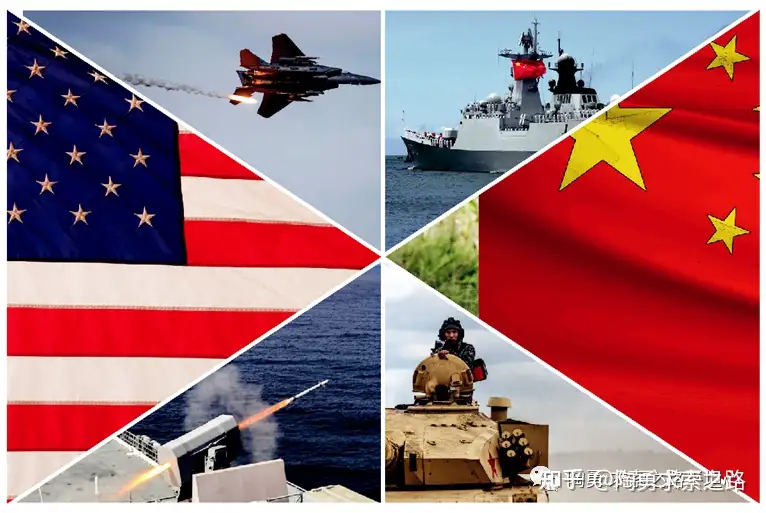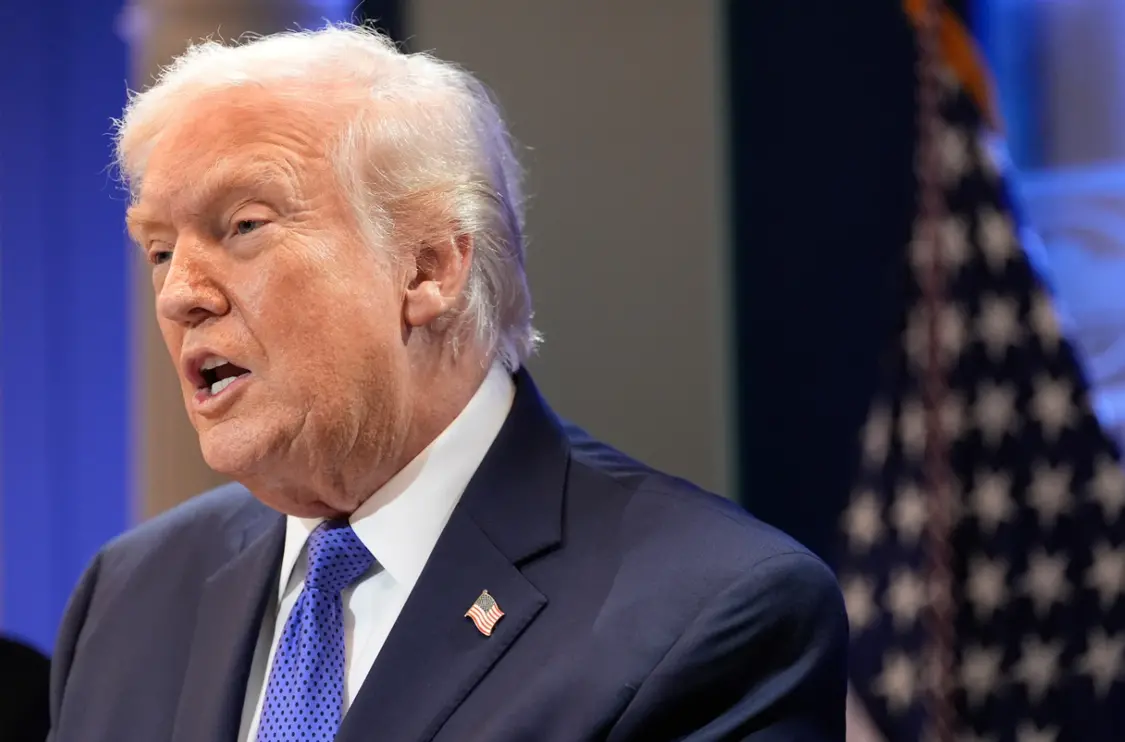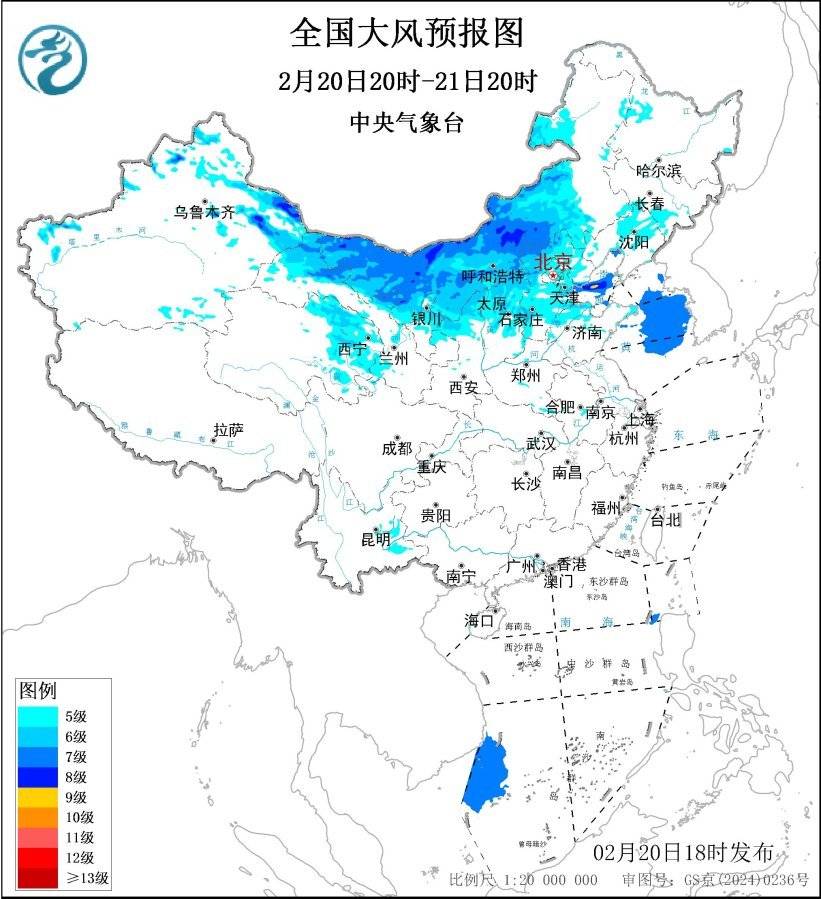南德智库报告假设的美中系统性低烈度战争情景
在南德智库报告《大国战争的回归-美中两国系统性冲突情景》(The Return of Great Power War——Scenarios of Systemic Conflict Between the United States and China)一共分为八章,共约七万字(英文)。在第六章中,对未来美中之间可能发生的军事冲突——低烈度战争进行了假设预想,以下笔者摘取一些段落跟大家分享。

有意思地是,报告第六章开篇叙述基本契合美中关系当前态势:
总结第五章我们可以发现,地缘政治背景是两国都进入了敌对状态。也就是说,彼此都把对方定为"敌国",认为对方有意图和能力危害自己的基本安全。因此,无论是否需要正式宣战,两个国家的政府均会重新调整国家和安全战略,以优先考虑这场确定冲突。这种决定将使多年来不断升级的紧张局势达到顶峰,两国在广泛的经济、政治、安全、技术和其他问题上经常发生争吵。此外,美中竞争与其他国家的竞争和争端重叠的趋势也将达到高潮,其中一些国家保持或加强了与敌对大国结盟的国家之间的争斗。按照以往的先例,其他国家的参与会使美中紧张局势的升级更加难以解决,因为它为冲突的持续提供了重要的国际支持。这反过来又会刺激两国的政府在自己的斗争中利用这种多边争斗来获取利益。在这种情况下,由两个大国组成的多边组织很可能会因为僵局而瓦解,导致国际社会在面对集体威胁时无所作为。蔓延的国际混乱可能会通过引入或加剧对国际安全的多重威胁而使对抗更加复杂。它还会提高竞争的利害关系,因为双方都会有动力去指责对方,并可能利用一些混乱来损害对方的利益。这反过来又会加重人们对威胁的看法,并鼓励双方的政府更加努力地争取对“敌国”的决定性优势。
To summarize the findings of Chapter Five, the geopolitical context is one in which both countries have entered a state of hostilities. That is to say, each nation has designated the other as an “enemy” state that it regards as having both the intent and ability to endan-ger its own basic security. Regardless of whether this entailed a formal declaration of war, both capitals would reorder their national and security strategies to prioritize the conflict. The decision would culminate years of escalating tension in which the two nations regu-larly feuded over a broad range of economic, political, security, technological, and other issues. Moreover, it would culminate trends in which the U.S.-China rivalry overlapped with rivalries and disputes involving other countries, some of which maintained or stepped up their own feuds with countries aligned with the rival great power. Following past prec-edent, the involvement of other countries would add to the intractability of escalating U.S.-China tension by providing a significant international constituency for the continua-tion of the conflict. This could in turn incentivize both capitals to exploit such multilateral feuds for advantage in their own struggles. In such a situation, multilateral organizations featuring both powers would likely have broken down due to gridlock, resulting in interna-tional inaction in the face of collective threats. Spreading international disorder could com-plicate the rivalry by introducing or aggravating multiple threats to international security. It could also elevate the stakes of the contest, since both sides would be incentivized to blame the other and possibly exploit some of the disorder to harm the interests of the other. This in turn would aggravate threat perceptions and encourage both capitals to drive even harder to achieve a decisive advantage over the other.
不结盟是中国的一贯方针,无论中俄、中朝还是其他……
随着冲突的开始,可以预期华盛顿和北京将扩大其国防建设并加强建立联盟的活动。中国可能出于政治原则而避免命名正式联盟,但它会建立提供类似安全利益的伙伴关系。正如两次世界大战和冷战时期一样,世界各地的国家和非国家行为者将利用美中竞争来实现自己的目标,向其中一方寻求庇护。其他国家选择支持美国或中国的原因可能是希望通过对一方的忠诚来获得利益,也可能是对两个对手之一的同情或历史关系,或者是上述因素的某种组合。一系列严重的军事化危机会加速所有这些趋势。在这种动荡不安的情况下,即使是一个相对较小的事件,也足以使紧张的关系超过崩溃点,拉开低烈度战争的序幕。
As conflict begins, Washington and China could be expected to expand their defense buildups and intensify alliance-building activities. China might refrain from naming formal alliances out of political principle, but it would establish partnerships that offer similar secu-rity benefits. As in the two World Wars and the Cold War, countries and nonstate actors around the world would exploit the U.S.-China rivalry to achieve their own goals by appeal-ing to one side or the other for patronage. Other countries could choose to support the United States or China due to a desire to gain benefits by demonstrating loyalty to one side or the other, some sympathy or historic relationship with one of the two rivals, or some com-bination of the above. A series of serious militarized crises could accelerate all these trends. In such a volatile and unstable situation, even a relatively minor incident could be sufficient to tip the strained relationship past the breaking point, kicking off the low-intensity war.
关于美中博弈、此消彼长的论述
在经济上,中国作为全球和地区的领导者,最有能力以满足自己和客户的需求的方式安排和引领经济活动。在安全方面,享有全球首要地位的中国可能会面临来自美国、日本和其他国家等对手的平衡影响,但它也可能会从世界各地寻求中国支持的国家那里获得更多的拥护。中国也将更有能力处置周边地区的热点问题,而不必担心美国和外国的军事干预。在政治上和声望上,似乎接近于超越美国成为世界上最强大国家的中国可以在国内和国际上获得相当大的支持。
根据这一逻辑,我们假设北京已经调整了国家战略,要求将打败美国力量作为实现中国梦的必要条件。打败美国是一个雄心勃勃的国家目标,需要更明确的界定。在这种情况下,中国没有野心,也没有可行的方法来考虑征服和占领美国。相反,我们假设北京的目标集中在击败美国阻碍中国实现其国家振兴目标的努力上。北京所期望的最终状态是接受美国作为一个国家继续存在,但在大大减少和削弱的条件下。实际上,中国的最终状态将设想其上升到全球领先的地位,同时将美国的地位降为美洲的区域性大国。美国在世界其他地区的存在主要以中国认为可以接受的条件进行。在这种情况下,尽管存在间接冲突,但如果紧张局势能够得到控制,中美仍有希望保持贸易关系。

Economically, China as a global and regional leader would be best positioned to arrange and lead economic activity in a manner that privileged its own needs and those of its clients. Security-wise, a China that enjoyed global primacy might face balancing influences from rival states such as the United States, Japan, and others, but it would probably also gain much more support from countries around the world that sought the benefits of Chinese patronage. China would also be better positioned to manage flash points along its periphery with less fear of U.S. and foreign military intervention. Politically and in terms of prestige, a China that appeared close to eclipsing the United States as the world’s most powerful nation could enjoy a considerable boost in domestic and international support.
In accordance with this logic, we assume that Beijing has adjusted its national strategy to require defeat of U.S. power as a necessary condition for achieving the China Dream. Defeat of the United States is an ambitious national objective that needs to be more clearly defined. In this scenario, China has no ambition and no feasible way to contemplate conquest and occupation of the United States. Instead, we assume Beijing’s goal centers on the defeat of U.S. efforts to stymie China’s realization of its national revitalization goals. Beijing’s desired end state accepts the continuation of the United States as a nation, but in a much diminished and weakened condition. In effect, China’s end state would envision its ascent to a position of global preeminence and the concomitant downgrading of the status of the United States to that of a regional power in the Americas. The U.S. presence in the rest of the world would largely be on terms that China would regard as acceptable. China could in this situation hope to maintain a trading relationship, despite the indirect conflict, if tensions could be managed.
中国人民崇尚和平不好战
因此,中国希望的最终状态是让美国采取服从于中国力量的立场。与中国对理想的 "新型大国关系 "的描述有些类似,中国理想的最终状态是在名义上平等的条件下实现和平——但实质是美国要服从中国这个新的全球主导力量。
与美国的间接敌对行动之开始可能伴随着广泛的非军事斗争和敌对政策。鉴于两国在经济上的相互依赖和在多边机构中的共同参与,以及中国目前对通过非军事手段进行国际斗争的偏好,经济、外交和信息斗争甚至可能是重头戏。
Beijing’s desired end state would thus be one in which the United States adopts a position of subordination to Chinese power. Somewhat similar to Chinese descriptions of an ideal “new type of major power relationship,” the ideal end state for China would be a conclusion of peace on terms of nominal equality but de facto U.S. deference to China as the new global leading power.
The onset of indirect hostilities with the United States could be accompanied by exten-sive nonmilitary struggle and hostile policies. Given the two nations’ economic interde-pendence and shared involvement in multilateral institutions, as well as China’s current preference for waging its international struggles through nonmilitary means, the economic, diplomatic, and informational struggles would perhaps even be foremost.
擦枪走火可能存在
中国作为大国的信誉和威望。虽然没有被正式列为中国的核心利益之一,但已接近全球霸主地位的中国将有强烈的动机维护其作为领袖大国的信誉和威望。维护自身地位的愿望可能会促使中国投入更多资源,以确保在一场遥远的冲突中取得胜利,而这在其他情况下似乎是不合理的。
虽然解放军可能会执行保护和捍卫自身利益的任务,并在一定程度上保护和捍卫其客户的利益,但它同时也肩负着削弱和降低美国及其盟国的意志和能力的使命。
如果交战双方成功地避免了冲突升级,并将冲突维持在较低水平,贸易和投资可能会蓬勃发展,从而形成长期、半稳定的双边关系和间接战争状态。但是,意外升级的风险仍然很大,因为任何一方都可能厌倦优柔寡断的僵局,冒险采取更具侵略性的行动来夺取重大胜利优势。
China’s credibility and prestige as a great power. Although not formally listed as one of China’s core interests, a China that has neared global primacy would have a strong incen-tive to uphold its credibility and prestige as a leading power. The desire to maintain its status could motivate China to commit more resources to ensure victory in a distant conflict than might otherwise appear justified.
While the PLA may carry out missions to protect and defend its interests and, to a lesser extent, those of its clients, it would also have the mission to weaken and downgrade the will and capacity of the United States and its allies.
If the combatants successfully avoided escalation and maintained the conflict at a low level, trade and investment might flourish, resulting in a long-lasting, chronic state of semistable, bilateral ties and indirect war. But the risk of unintended escalation would remain substantial, since either side could tire of the indecisive stalemate and risk more aggressive actions to seize a major advantage.
不过,预测中国积极支持俄罗斯失准
在低烈度战争的情况下,中国也可能愿意在与北约国家和美国的对抗中成为俄罗斯更积极的支持者。
虽然间接战争为中国政府提供了以低成本对抗冲突的优势,但其缺点是对美国实力的损害可能也相当有限。结果可能是长期、慢性的间接敌对状态。如果中美关系相对稳定,贸易关系持续发展,双方都能补充间接冲突中损失的资源,那么对抗持续的时间可能会更长。在这种情况下,以避免灾难性大规模战争的方式削弱美国的力量对中国政府的目标可能至关重要,但实现这一结果可能会被证明是渺茫或虚幻的。
In a scenario of low-intensity war, China might also be willing to become a more active supporter of Russia in confrontations with NATO countries and the United States.
While indirect war offers the advantage to Beijing of fighting a conflict at low cost, the downside is that the damage against U.S. power might also be fairly modest. The result could be a long-lasting, chronic state of indirect hostilities. The war could last even longer if accompanied by relatively stable U.S.-China ties and the continuation of trade relations, which would enable both sides to replenish resources lost through indirect conflict. Break-ing U.S. power in a manner that avoids catastrophic major war could be essential to Beijing’s goals in this scenario, but achieving that outcome could prove elusive or illusory.




















